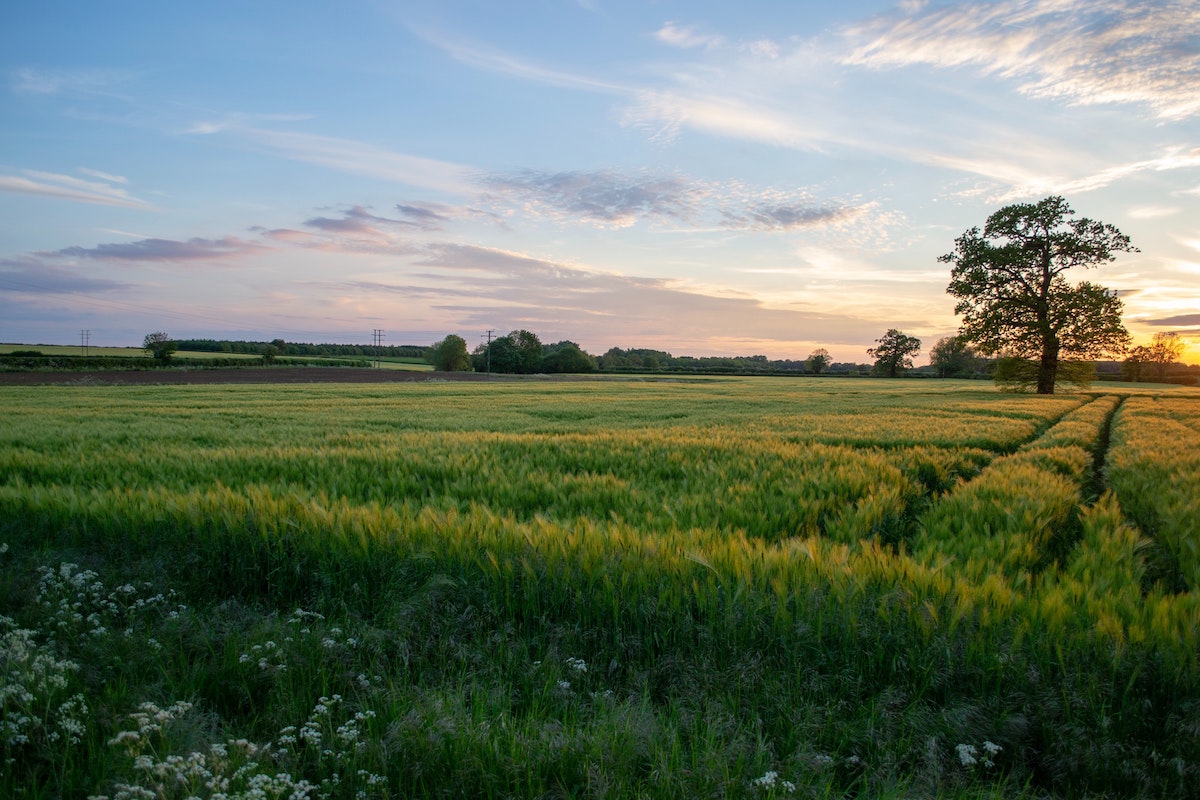We’re recruiting: Postdoctoral Research Assistant: Influence of Natural Environments on Health and Wellbeing

There is increasing evidence from population-level studies to indicate a positive association between nature, improves mental and physical health and cognitive ability. Preliminary clinical studies indicate that interactions with different aspects of nature via the senses of sight, smell, sound, and touch can trigger various physiological and psychological changes that could account for this apparent association. However, it remains unclear which of these interactions (sight, sound, smell or touch) has the most influence, what types of nature are needed and how much time is needed in it (dose) to gain these benefits.
One of the most interesting sets of clinical trials to date relates to smell and the effects of volatile organic compounds emitted by different tree species on physiological and psychological measures. In these studies, pinene and cedrol (monoterpenes and sesquiterpenes), appear to have statistically strong outcomes indicating improved physiological and psychological measures when inhaled for set intervals of time. There are few studies based in the field to look at this relationship – although there are hints that it could be significant; for example, one study demonstrated that when people walk in pine/cedar forests etc. significantly higher concentrations of these compounds were found in the participants’ blood and they demonstrated greater reductions in physiological and psychological measures for stress. Our understanding of the relationship between smells of nature and its beneficial role on human health is limited. To address this knowledge gap, our work will use a combined approach using field and clinical experiments in a range of nature-based settings.
The role
We are seeking an experienced scientist with a background in Biology and/or Experimental Psychology with interests in plant ecology, environmental science and the nexus between nature and human well-being. Experience in developing field and clinical experiments is also desirable
The goal is to build on existing work to coordinate and run a set of field experiments measuring subjects’ physiological and psychological; responses to being exposed to a range of natural environments or natural stimuli. The experiments will be conducted throughout a range of site on the University of Oxford Estate.
Your main activities will involve implementing and managing academic research activities, including coordinating multiple aspects of work to meet deadlines and desired goals. This will involve designing, overseeing, and conducting field experiments and clinical experiments, working with a wide range of researchers from different disciplines, stakeholders and project partners. You will be responsible for a suite of physiological (blood, salivary amylase, cortisol) and psychological measurements to determine dose-response relationships as well as playing a key role in experimental design and subsequent data analysis.
You will also support team members in their activities, contribute to policy engagement and knowledge exchange activities and prepare manuscripts for submission to peer reviewed journals. You will have a proven capacity to produce excellent research and you will be expected to collaborate on initiatives to further cross-disciplinary research at the centre
The University of Oxford is committed to equality and valuing diversity. All applicants will be judged on merit, according to the selection criteria.
This post is full time (although applications to work part-time are welcome)
The closing date for applications is 12.00 noon on 30th August 2023, interviews are likely to be scheduled for September. Applications for this vacancy are to be made online via our e-recruitment system, and you will be required to upload a supporting statement and CV as part of your online application.
More information and to apply here

